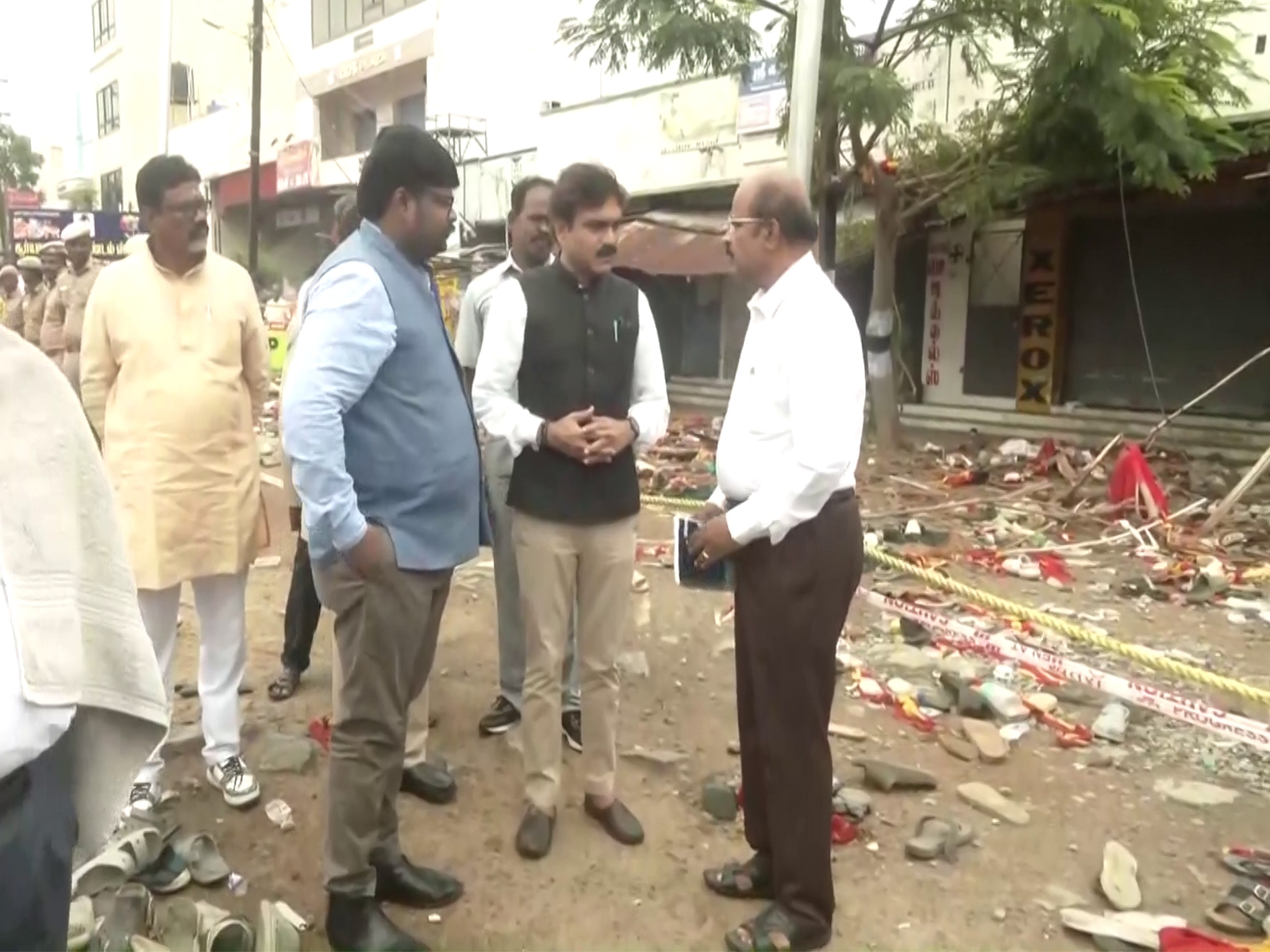10 reasons why Delhi must get statehood

The Aam Aadmi Party government in Delhi is reportedly examining the feasibility of holding a referendum on the issue of full statehood for Delhi.
Presently, Delhi enjoys the character of a special Union Territory that has some unique institutions like an elected Legislative Assembly and a High Court.
However, elected governments have time and again felt crippled in decision-making as the assembly does not have powers like other state assemblies. All political parties that have been in power in Delhi have lamented this and raised the demand for full statehood for the national capital.
When the tug-of-war between Delhi Chief Minister Arvind Kejriwal and Lieutenant Governor Najeeb Jung over the appointment of a few senior bureaucrats was raging, Catch had argued that it was clear that AAP was refusing to conform to the notion that the Delhi Assembly had limited powers, and that the party had decided to take the fight for statehood to the next level.
Preparations for a referendum appear to be exactly that.
Even as the debate still continues, here are 10 reasons why Delhi must get statehood.
Delhi's first constitutional status after Independence was that of a state. The assembly and the council of ministers were then abolished in 1956 and Delhi became a Union Territory under the direct administration of the President.
A Municipal Corporation with elected members was set up for the whole of the city. This arrangement changed once again in 1966, when a metropolitan council was set up, consisting of elected as well as nominated members. An executive council was also constituted, with a lieutenant governor or administrator at the top.
This arrangement continued for over two decades and was eventually changed with the passage of the Government of National Capital Territory of Delhi Act, 1991. The first Legislative Assembly under this Act was constituted after elections in 1993. Since then, Delhi has existed in this form - with a lieutenant governor, an elected assembly, and a council of ministers headed by a chief minister.
Read more: Statehood: why Delhi's split-personality disorder needs a cure
In fact, this is a manifestation of a long-standing public opinion in favour of statehood. Both parties that have been in power in Delhi in the past, BJP and Congress, have supported the full statehood demand at different points of time. The Congress again promised it as recently as in its manifesto for the 2015 Delhi elections. The BJP had promised it as well, ahead of the 2013 polls.
In the current system, power is divided between the chief minister and the Central government through the LG. This dual control creates an inherent tension between the two power centres. While the system itself doesn't have any conflict resolution mechanisms in place, much depends on the personalities of the CM, the LG and Central government ministers and whether they all get along.
Observers have pointed out that Delhi Assembly was given the powers to govern and make laws on all but three subjects - public order, police and land. But the Union government has been violating this constitutional provision and has been exercising authority on several subjects that have nothing to do with the three reserved subjects.
Delhi Police reports to the Union Home ministry and several chief ministers have repeatedly said this ties their hands in ensuring maintenance of law and order in the capital. Experts have suggested that the Centre can create and deploy a central police force for guarding its buildings and for diplomatic duties. For law and order duties, Delhi's elected government must be in full command.
The Delhi Development Authority, which effectively owns all the capital's land, is headed by the Union government through the LG. The Delhi government cannot decide on its own the use that the city's land should be put to. This is an anomaly that the second Administrative Reforms Commission had strongly recommended to be corrected, by making the Delhi CM chair the DDA instead of the LG.
Each state of India has its own Public Service Commission that recruits bureaucrats to run the state government's administrative machinery. Delhi, being a Union Territory, does not have a cadre of officers of its own and is part of a common cadre shared with other UTs. It is again the Centre that has control over these cadres through the Home ministry.
However, the logic of democratic mandate requires that an elected government be allowed to pick its team. If Delhi had its own cadre, like all states have, the ugly impasse between the offices of the CM and the LG would not have arisen.
Experts say even if some national capitals like Washington DC, London and Paris are not states, all of them have a governance structure that gives the local government legislative, financial and administrative powers. Delhi has none of these. Berlin, in fact, is a city-state.
The National Capital Region Planning Board (NCRPB) recently announced that Muzaffarnagar district of Uttar Pradesh and Jind and Karnal districts of Haryana will soon be included under the ambit of the National Capital Region (NCR). It has also been reported that representations have been received to include Mathura as well. As Delhi expands, clarity over jurisdiction of the local government will become increasingly imperative.
Some observers have called Delhi a glorified municipality and have argued that the assembly should be dissolved and the Centre be given full charge of the national capital. However, the abolition of an assembly once created will mean taking away the democratic rights of the people. The people of Delhi, as history of its administrative arrangement shows, have always had political aspirations of statehood.

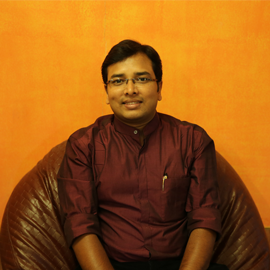


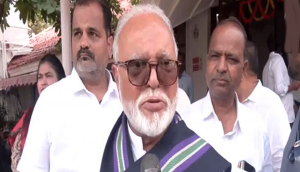
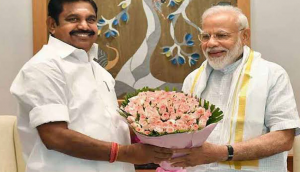
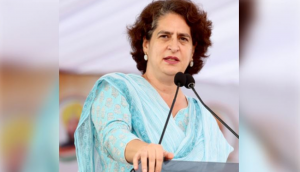
![BJP's Kapil Mishra recreates Shankar Mahadevan’s ‘Breathless’ song to highlight Delhi pollution [WATCH] BJP's Kapil Mishra recreates Shankar Mahadevan’s ‘Breathless’ song to highlight Delhi pollution [WATCH]](https://images.catchnews.com/upload/2022/11/03/kapil-mishra_240884_300x172.png)

![Anupam Kher shares pictures of his toned body on 67th birthday [MUST SEE] Anupam Kher shares pictures of his toned body on 67th birthday [MUST SEE]](https://images.catchnews.com/upload/2022/03/07/Anupam_kher_231145_300x172.jpg)






